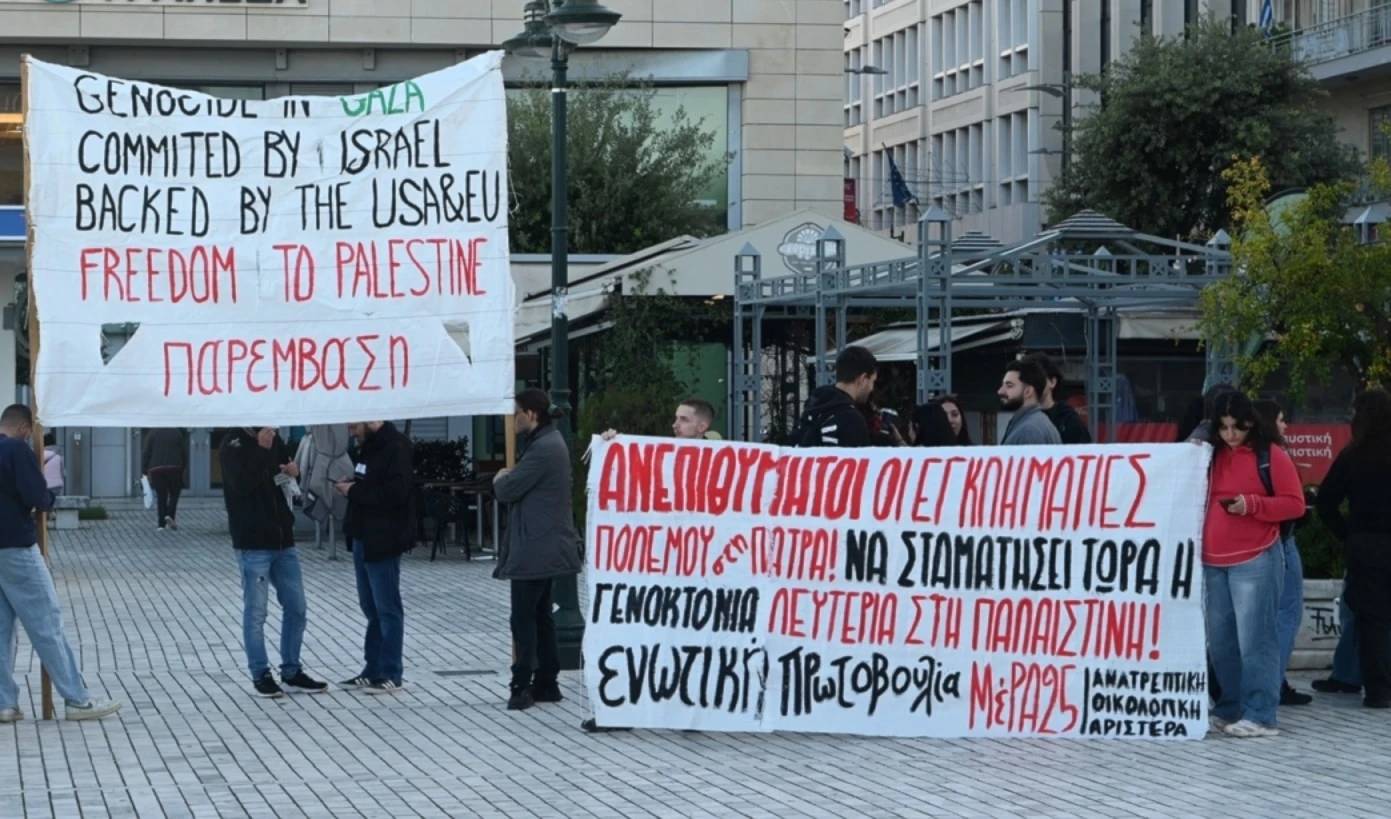Iraq suspends parliament sessions
Iraqi Parliament Speaker Muhammad Al-Halbousi suspends parliament sessions until further notice.
-

Pro-Sadrist protesters stormed Baghdad's Green Zone.
Iraqi Parliament Speaker Muhammad Al-Halbousi announced the suspension of parliament sessions until further notice as Pro-Sadrist protesters stormed Baghdad's Green Zone again.
In a statement, he said that "out of a sense of national, political, and functional responsibility, and in compliance with the constitutional oath of Article 50 of the Constitution, which obligated us to preserve the interests of the people, and based on Article 62 of the House of Representatives Law and its formations No. 13 of 2018, and Article 34 / VIII of the internal system of the House of Representatives it was decided First: Suspension of Parliament sessions until further notice”.
"Second: I call on the Commander-in-Chief of the Armed Forces to take the necessary measures to protect institutions and protect the demonstrators, whom I call upon to preserve their peace and preserve state property," he added.
Al-Halbousi called on all leaders and political blocs to an urgent national meeting and to conduct an effective and responsible national dialogue.
President of the Republic, Barham Salih emphasized the critical need for an open national dialogue.
In a statement, Salih added: "The required dialogue between the political parties must examine the roots of the crisis that the country has witnessed in the past period, and find the solutions required to overcome it and bring the country to safety and stability."
He reassured the Iraqi people that resolving the current crisis requires consolidating civil and social peace and immunizing the country.
Meanwhile, the Head of the State of Law Coalition, Nouri al-Maliki called on the Coordination Framework and the Sadrist movement to a responsible stance that "absorbs the shock and initiates a serious dialogue."
Earlier today, supporters of the Iraqi Sadrist Movement have once again stormed the Iraqi parliament in the Green Zone, Baghdad, Al Mayadeen's correspondent reported, noting that the Sadrist Movement itself was organizing the entry of protestors into the Green Zone.
#Iraqi Sadrist Movement supporters have stormed the Iraqi parliament, with local media saying it was "occupied" by the protestors amid demonstrations against the nomination for #PrimeMinister. pic.twitter.com/k52vddLCAr
— Al Mayadeen English (@MayadeenEnglish) July 30, 2022
Demonstrators are still storming parliament for the second time this week to protest the Coordination Framework's nomination for Prime Minister.
The demonstrators also renewed their rejection of the proposed PM Mohammad Shia Al-Sudani, who was nominated for this position by the Coordination Framework.
On its account, the Iraqi Coordination Framework called on its supporters to stage counter-demonstrations "in defense of the Iraqi state."
Who is Mohammad Shia Al-Sudani?
Al-Sudani, 52, was previously in the Dawa Party - Iraq Organization, and the State of Law coalition led by former Prime Minister Nuri Al-Maliki before he resigned from both of them when his name was put forward as a candidate for prime minister in 2019.
Al-Sudani won membership in the Iraqi Parliament three times, the last of which was in 2021. He held ministerial positions, as he was Minister of Labor and Social Affairs between 2014 and 2018, and Minister of Human Rights between 2010 and 2014, according to a biography issued by his office. He also held the position of governor of Maysan, located in southern Iraq.
It is noteworthy that on June 12, Muqtada Al-Sadr, the leader of Iraq's Sadrist movement, urged the MPs from his bloc -- the biggest in parliament -- to ready resignation papers, in a bid, he said, to break the parliamentary logjam and create space for the establishment of a new government.
"If the survival of the Sadrist bloc is an obstacle to the formation of the government, then all representatives of the bloc are ready to resign from parliament," Al-Sadr said in a televised statement.
In May, Al-Sadr announced that his parliamentary bloc failed to form a national majority government, noting that his bloc has turned into the opposition, and will make way for other blocs to form a government.

 4 Min Read
4 Min Read








